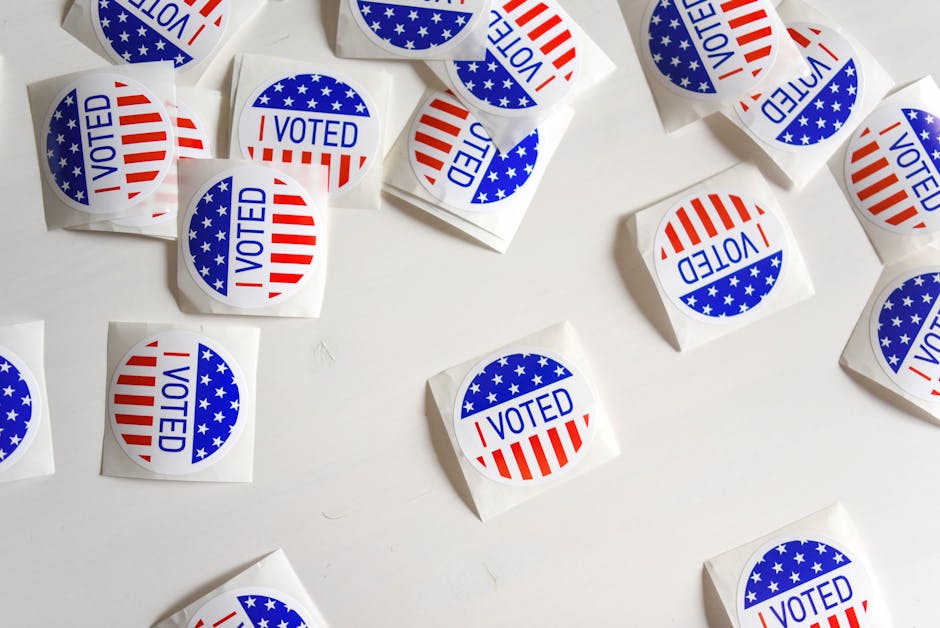
Surveillance State and Its Impact on Society
The Surveillance State and Its Impact on Society
In today's increasingly digital world, the concept of a surveillance state has become a prominent concern for many. A surveillance state refers to a society where the government or other entities constantly monitor the activities of its citizens.
This blog post aims to discuss the implications of living in a surveillance state, particularly in terms of personal privacy and freedom.
Loss of Privacy
One of the most significant consequences of a surveillance state is the erosion of privacy. Constant monitoring and data collection by authorities can lead to the violation of individuals' privacy rights.
With the advent of advanced technologies, surveillance capabilities have increased exponentially. Government surveillance programs and private companies collect vast amounts of data, including communication records, browsing habits, and location information.
This mass monitoring infringes on individuals' right to privacy and raises concerns about the potential for misuse or abuse of personal information.
Impact on Freedom
Living in a surveillance state can also have a profound impact on personal freedom. The fear of being watched or monitored can lead to self-censorship and the suppression of free expression.
People may hesitate to voice their opinions or engage in activities that could be considered controversial or opposed to the government's views. This self-policing behavior ultimately hinders the free flow of ideas and stifles democratic processes.
Chilling Effect on Society
The pervasive presence of surveillance can create a chilling effect on society as a whole. Citizens may start to feel constantly scrutinized, leading to feelings of anxiety and self-doubt.
This heightened sense of surveillance can extend beyond government monitoring to include social media platforms and private businesses. The fear of judgment and potential repercussions can limit personal interactions and self-expression.
The Need for Balance
As technology continues to advance, it is crucial to strike a balance between security and individual privacy. While surveillance measures can help prevent crime and terrorism, there must be clear legal frameworks and oversight to prevent abuse.
Protecting civil liberties and ensuring transparency in surveillance practices is essential to maintaining a democratic society where personal freedoms are respected.
In conclusion, living in a surveillance state poses significant challenges to personal privacy, freedom, and societal dynamics. It is vital for individuals and governments alike to navigate this complex landscape to safeguard fundamental rights and maintain a healthy balance between security and privacy.
